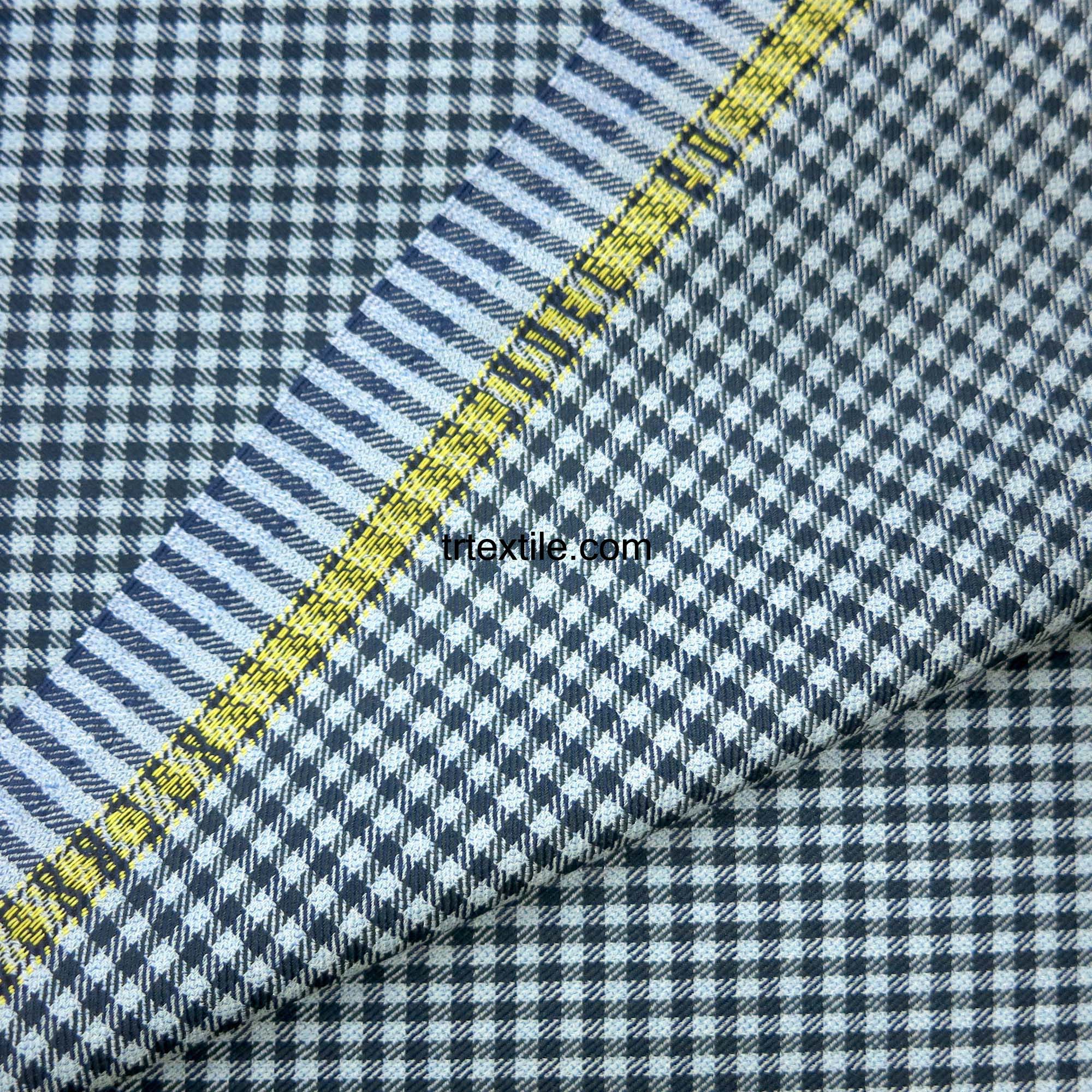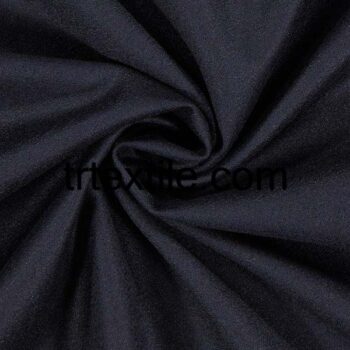When it comes to choosing the perfect suit, one of the most important factors to consider is the fabric. The type of fabric used in a suit can greatly impact its overall look, feel, and durability. With so many options available, it can be overwhelming to know which fabric is the best choice for your needs. In this article, we will explore the different types of suit fabrics and their unique characteristics to help you make an informed decision.
One of the most common suit fabrics is wool. Wool is a versatile fabric that is known for its ability to drape well and hold its shape. It is a natural fiber that is breathable, making it ideal for year-round wear. Wool suits are also durable and long-lasting, making them a great investment piece for your wardrobe. Additionally, wool is available in a variety of weights, making it suitable for both warm and cool climates.
Another popular suit fabric is cotton. Cotton is a lightweight and breathable fabric that is perfect for summer suits. It is comfortable to wear and has a casual, relaxed look. Cotton suits are often less expensive than wool suits, making them a budget-friendly option for those looking to expand their suit collection. However, cotton is prone to wrinkling and may not hold its shape as well as wool.
For a more luxurious option, consider a silk suit. Silk is a smooth, lustrous fabric that is often associated with formalwear. Silk suits have a rich, elegant appearance and drape beautifully on the body. However, silk is delicate and may not be as durable as wool or cotton. Silk suits are best reserved for special occasions or events where a touch of luxury is desired.
Linen is another popular choice for summer suits. Linen is a lightweight, breathable fabric that is perfect for warm weather. Linen suits have a casual, relaxed look and are often favored for beach weddings or outdoor events. However, linen is prone to wrinkling and may require regular pressing to maintain its appearance.
In recent years, synthetic fabrics such as polyester and nylon have become popular choices for suits. These fabrics are often blended with natural fibers such as wool or cotton to improve their performance. Synthetic fabrics are typically less expensive than natural fibers and may offer additional benefits such as wrinkle resistance or moisture-wicking properties. However, synthetic fabrics may not have the same luxurious feel as natural fibers.
When choosing a suit fabric, it is important to consider factors such as climate, occasion, and personal style. Wool is a versatile option that is suitable for year-round wear, while cotton and linen are ideal for warm weather. Silk suits are perfect for formal events, while synthetic fabrics offer a more affordable option. Ultimately, the best suit fabric for you will depend on your individual needs and preferences.
In conclusion, suit fabric plays a crucial role in the overall look and feel of a suit. By understanding the different types of suit fabrics and their unique characteristics, you can make an informed decision when selecting the perfect suit for your wardrobe. Whether you prefer the classic elegance of wool, the casual comfort of cotton, or the luxurious feel of silk, there is a suit fabric that is perfect for you.




